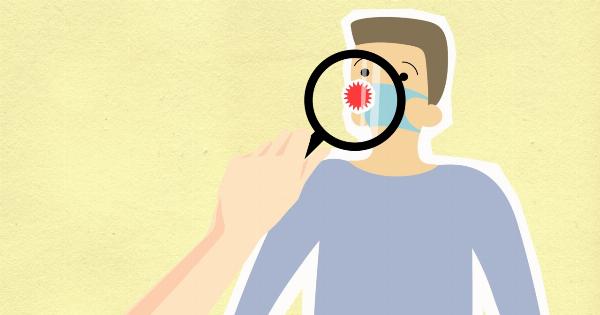Coffee is the most popular beverage in the world, loved by millions of people every day. It’s a pick-me-up that helps them start their day right, but it’s so much more than just a caffeine jolt.
Coffee has remarkable effects on our sense of taste, and scientists have only just begun to uncover the extent of its powers. In this article, we’ll explore how coffee transforms our sense of taste and what it means for coffee lovers worldwide.
The Science of Coffee and Taste
Scientists have been studying the effects of coffee on our senses for years, and they’ve made some fascinating discoveries.
The chemicals in coffee have been shown to affect our taste buds in various ways, enhancing our sense of sweetness, bitterness, and acidity. The primary chemicals in coffee that have these effects are caffeine and chlorogenic acids.
The Role of Caffeine
Caffeine is the most well-known chemical in coffee, and it’s what gives us that jolt of energy we need to start the day. But caffeine has other effects on our bodies, too. One of the most significant is its ability to enhance our sense of sweetness.
Studies have shown that caffeine makes sweet foods and drinks taste even sweeter. That’s why a cup of coffee can make a sugary donut taste even better.
The Role of Chlorogenic Acids
Chlorogenic acids are a group of compounds found in coffee that have numerous health benefits, including reducing inflammation, protecting against heart disease, and aiding in weight loss.
But these acids also have a remarkable effect on our sense of taste. They interact with our taste buds to make sour and bitter foods taste less intense.
The Impact of Roasting and Brewing Methods
The way we roast and brew coffee also has an impact on our sense of taste. Roasting coffee beans at higher temperatures produces more chlorogenic acids, which can enhance the sweetness of the coffee.
But darker roasts also produce more bitter flavors, thanks to a chemical called melanoidins. On the other hand, lighter roasts have more acidity, which can make the coffee taste tangier.
The way we brew our coffee can also affect its taste. Different brewing methods extract different flavors and chemicals from the coffee beans.
For example, French press coffee has a richer, oilier taste than drip coffee, while espresso has a strong, intense flavor due to its concentrated brewing method.
The Importance of Quality Coffee Beans
The quality of the coffee beans themselves also plays a huge role in the taste of our coffee. Specialty coffee beans are carefully selected and roasted to bring out their unique flavors, while lower-quality beans can produce a flat, dull taste.
It’s no wonder that coffee aficionados pay so much attention to the origin and processing of their coffee beans.
Beyond Taste: The Social and Psychological Effects of Coffee
Of course, coffee is so much more than just its taste. For many people, coffee is a social ritual, a way to connect with friends and colleagues. It’s a symbol of productivity, a way to power through the day’s tasks.
And for some, it’s even a source of comfort in difficult times. Coffee has a profound impact on our culture and our psyches, and it’s no wonder that we love it so much.
The Bottom Line
Coffee is an incredible beverage that has the power to transform our sense of taste in countless ways. From enhancing sweetness to reducing bitterness, coffee’s chemicals can have a significant impact on how we experience our food and drink.
By choosing high-quality coffee beans and experimenting with different brewing methods, we can unlock a world of new flavors and experiences. So the next time you take a sip of your favorite brew, remember the science behind the taste.































